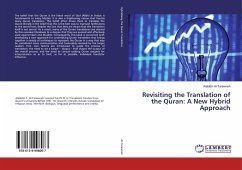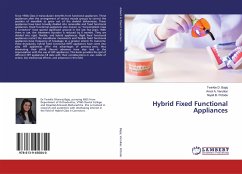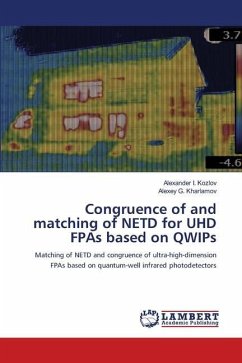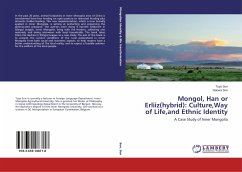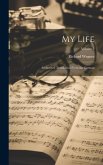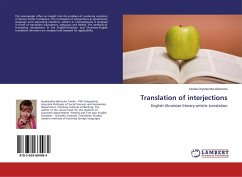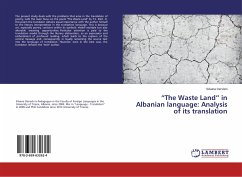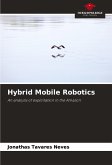The belief that the Quran is the literal word of God (Allah) in Arabic is fundamental to every Muslim. It is also a frightening notion that haunts many Quran translators. This belief often drives them to translate the Quran literally in the belief that this is the best way to maintain faithfulness to the sacred text, despite the fact that they are aware that the translation itself is not sacred. As a result, many of the Quran translations are stained by this excessive literalness to a degree that they are quoted and effectively used against Islam and Muslims. Consequently, this book is concerned with developing a new approach for undertaking Quran translation that brings together a variety of techniques to represent the Quran in a way that may be considered more communicative and favourably received by the target readers. First, two factors are introduced to guide the process of translation: the need to set a target - skopos - that shapes the output of the overall process, and the need to consult existing Quran exegesis for interpretation so as to limit, as far as possible, individual translator influence.
Bitte wählen Sie Ihr Anliegen aus.
Rechnungen
Retourenschein anfordern
Bestellstatus
Storno

